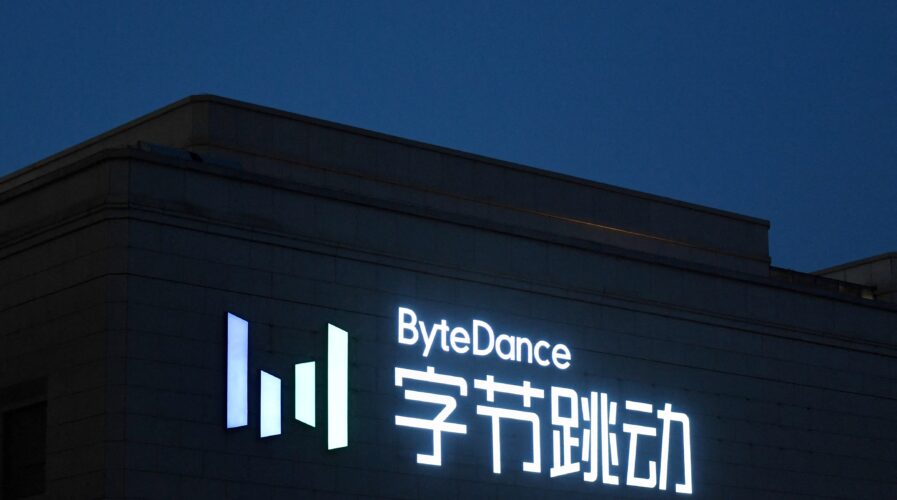
As China seeks self-sufficiency, ByteDance has plans to design its own chips. (Photo by GREG BAKER / AFP)
Bytedance’s IPO plans shut down after showdown with China’s regulators
- TikTok owner ByteDance had been weighing an IPO in the US or Hong Kong, according to people familiar with the company’s plans.
- Now, the Beijing-based company reportedly decided to postpone the plans indefinitely after regulators told it to focus on data security risks.
Chinese companies’ burgeoning pipeline for initial public offerings (IPOs) in the United States (US) is at continuous risk as Beijing cracks down on tech and data-heavy firms listing stateside. A handful of companies have, in the past week, postponed plans to go public in the US, with the most recent being Bytedance, parent company of popular video app TikTok. Reports indicate that Bytedance’s IPO is being shelved following recent regulatory changes in China.
The Chinese tech giant, whose apps also include TikTok’s Chinese counterpart Douyin, and news aggregator Toutiao, had kicked off initial preparations for an IPO of its domestic assets, Bloomberg reported in April.
However, following the IPO of Didi Global Inc. in New York which sparked a backlash in Beijing, ByteDance had put its intentions to go public on hold indefinitely.
Bytedance was last valued at US$ 180 billion in a funding round in December and now, according to the Wall Street Journal (WSJ), the company’s founder Zhang Yiming decided it would be wiser to put the plans on ice in late March this year. The decision came after meetings with cyberspace and securities regulators, who asked the company to focus on addressing data-security risks and other issues.
ByteDance meets regularly with Beijing regulators on a range of issues, including data security, and the March discussions were part of that ongoing process, according to reports. In May, Zhang announced he was stepping down as Bytedance’s chief executive officer to focus on longer-term strategy, just as Beijing steps up scrutiny of its internet firms and their billionaire founders.
WSJ also stated that ByteDance had other reasons for delaying the listing, including the fact that it didn’t have a chief financial officer at the time.
ByteDance’s cautious IPO approach contrasts with that of Chinese ride-hailing giant Didi Chuxing, which runs the country’s ubiquitous car-hailing app Didi. Didi went ahead with listing plans in the US despite suggestions from the cyberspace administration not to amid concerns that some of its data could fall into foreign hands.
The company raised US$ 4.4 billion in late June, but is now the subject of a cybersecurity investigation and has since had its main app and 25 others that it operates removed from Chinese app stores by order of Chinese regulators.
Companies seeking to raise capital in overseas markets are now facing greater scrutiny, after China on Saturday proposed new laws that will require virtually all firms heading for an IPO outside of China to undergo a cybersecurity review.
So far this year, 37 Chinese companies have listed in the US, raising about US$13 billion in total, according to Bloomberg data. That is the highest for such a year-to-date period and almost exceeds the full-year tally for last year.
Apart from ByteDance, another closely watched US listing hopeful is Lalamove. The Hong Kong-based delivery company, backed by Tiger Global, had filed confidentially for a US IPO, Bloomberg reported on June 24.
READ MORE
- Strategies for Democratizing GenAI
- The criticality of endpoint management in cybersecurity and operations
- Ethical AI: The renewed importance of safeguarding data and customer privacy in Generative AI applications
- How Japan balances AI-driven opportunities with cybersecurity needs
- Deploying SASE: Benchmarking your approach


